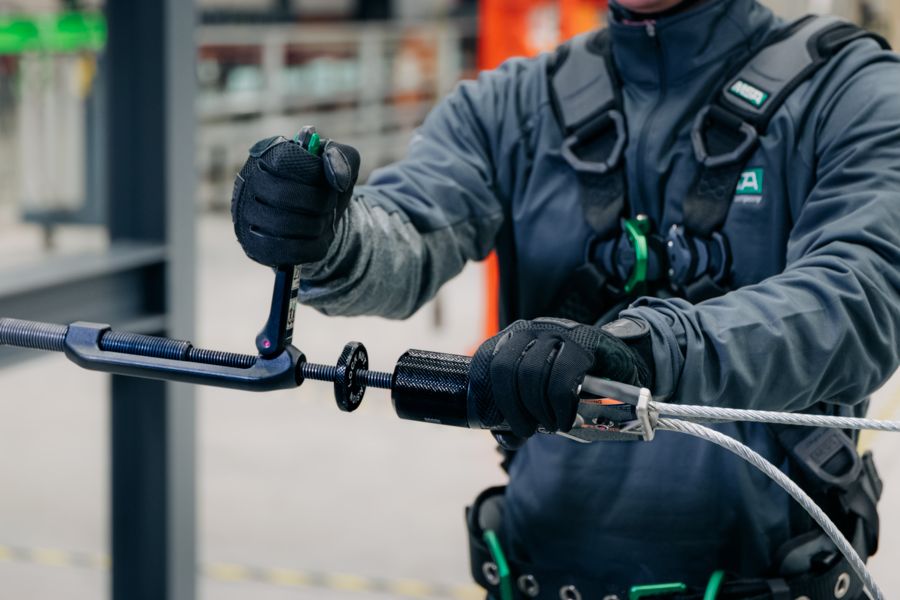The pipeline industry has become a cornerstone of global infrastructure, supporting the transportation of essential resources like oil, gas, and water. As industries grow, the importance of pipeline technology equipment in ensuring safety and efficiency has never been greater. With advancements in modern technology, these tools now play a crucial role in maintaining operational integrity while safeguarding the environment.
The Evolution of Pipeline Technology
Pipelines have come a long way since their early days. Historically, they faced numerous challenges such as leaks, corrosion, and inefficiencies. Today, pipeline technology equipment has transformed the industry by addressing these issues with innovative solutions. From automated monitoring systems to sophisticated repair tools, this evolution underscores the importance of integrating cutting-edge technology to overcome traditional challenges. Modern pipeline technology equipment not only enhances performance but also prioritises safety, making it indispensable in today’s industrial landscape.
Key Components of Modern Pipeline Technology Equipment
The efficiency and safety of pipelines rely heavily on the components used to monitor and maintain them. Advanced pipeline technology equipment includes:
- Pipeline Monitoring Systems: Real-time systems that track flow rates, pressure, and temperature, allowing operators to identify irregularities quickly.
- Automated Valves and Actuators: These components improve responsiveness by automatically adjusting to operational changes, enhancing control during emergencies.
- Corrosion Detection and Prevention Tools: Technologies like cathodic protection and anti-corrosion coatings extend the lifespan of pipelines.
- Smart Inspection Tools: Devices such as drones, robots, and ultrasonic sensors ensure comprehensive inspection without disrupting operations.
By integrating these tools, pipeline technology equipment creates a robust framework for reliability and efficiency.
Enhancing Safety Through Advanced Equipment
Safety is a primary concern in pipeline operations, and modern pipeline technology equipment has revolutionised how risks are managed. Leak detection systems, for example, use sensors to identify even the smallest breaches, preventing environmental hazards and costly damage. Predictive maintenance tools powered by AI analyse data trends to anticipate potential failures before they occur. By reducing reliance on manual inspections and mitigating human error, pipeline technology equipment ensures safer operations. Emergency response systems further enhance safety by facilitating quick containment and resolution of issues.
Efficiency Gains with Modern Pipeline Technology
Efficiency is key to the success of any pipeline operation. The integration of advanced pipeline technology equipment reduces downtime and optimises resource use. Predictive analytics tools monitor conditions to schedule maintenance proactively, avoiding unnecessary halts. Control systems optimise flow rates, ensuring the transportation of resources is seamless and cost-effective. Case studies from around the globe highlight how companies using modern pipeline technology equipment have achieved significant efficiency gains, saving both time and money.
Environmental and Regulatory Compliance
Environmental sustainability is a growing concern in the pipeline industry. Modern pipeline technology equipment supports compliance with stringent environmental regulations by minimising emissions and spills. Leak detection systems and corrosion-resistant materials are specifically designed to reduce the ecological footprint of pipeline operations. Furthermore, these tools aid in transparent reporting, an essential requirement for regulatory approval. By leveraging pipeline technology equipment, operators can align their processes with environmental goals while maintaining operational excellence.
Challenges and Future Trends in Pipeline Technology
Despite the remarkable advancements in pipeline technology equipment, challenges remain. The cost of implementing new systems and the training required to operate them can be barriers for some organisations. However, emerging technologies promise to address these challenges. The integration of IoT in pipeline technology equipment enables real-time data sharing, while AI enhances decision-making processes. Future trends indicate a shift toward fully autonomous systems, further ensuring safety and efficiency.
Takeaway
Modern pipeline technology equipment is pivotal in shaping the future of pipeline operations. By enhancing safety measures, improving efficiency, and supporting environmental compliance, these tools are indispensable for meeting the demands of a growing industry. As technological advancements continue to evolve, the adoption of state-of-the-art pipeline technology equipment will remain a critical factor in driving success and sustainability in pipeline management. Operators must embrace these innovations to stay ahead in an ever-competitive landscape.


